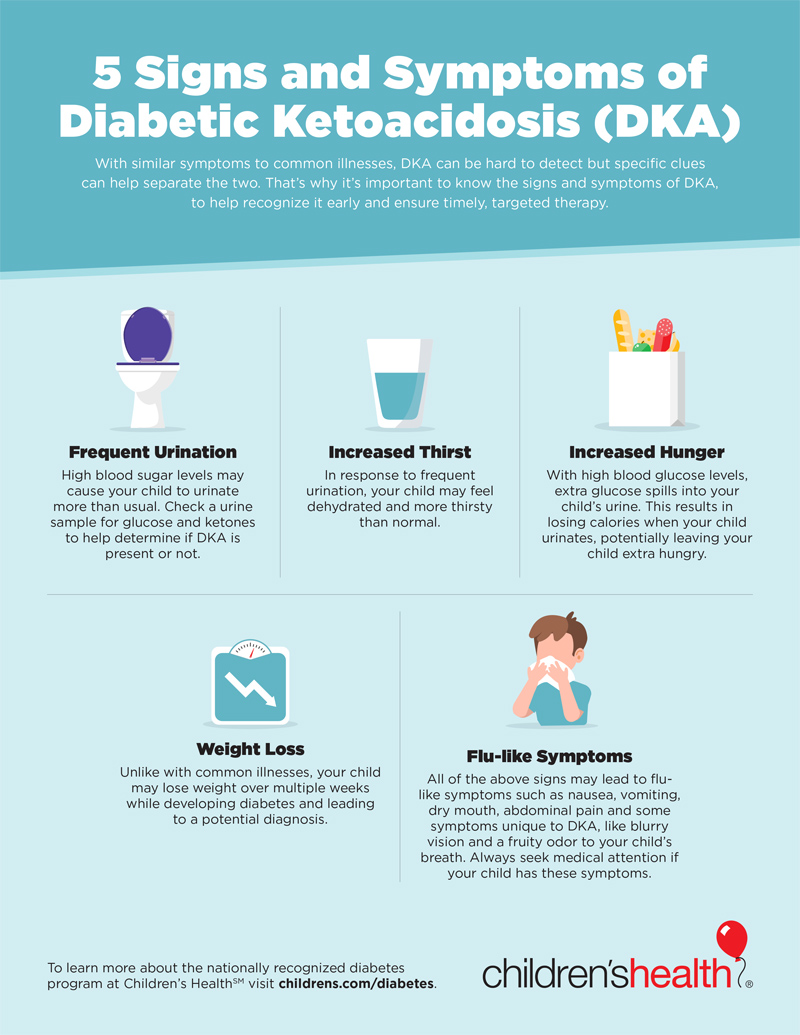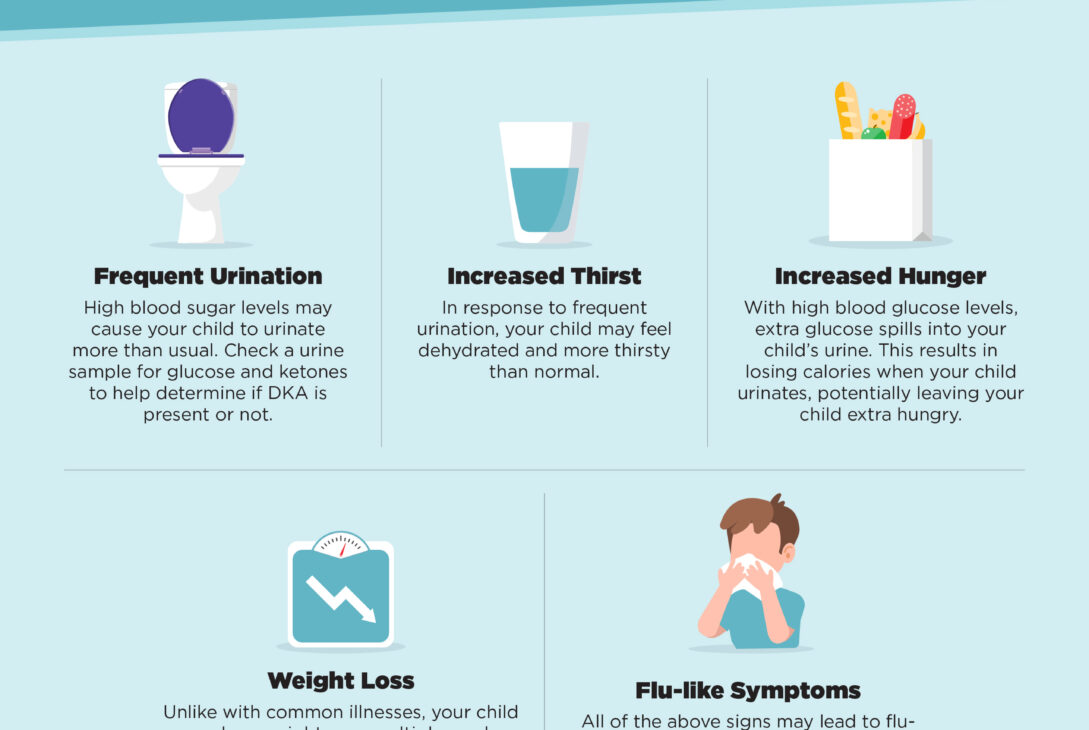How To detect ketones in urine. For this, use a home test strip or seek a laboratory urine test. The presence of a color change on the test strip indicates ketones.
Tracking ketone levels is essential for individuals managing diabetes or those on a ketogenic diet. Elevated ketones in urine can signal that the body is using fat for energy instead of glucose, a condition known as ketosis. This metabolic state is the aim of a ketogenic diet but can be a concern for diabetics, possibly leading to diabetic ketoacidosis (DKA), a serious complication.
Home test strips readily available at pharmacies provide a quick and convenient way to monitor ketones. They involve a simple procedure where you dip the strip into a urine sample and compare the resulting color to a provided chart. Regular monitoring is crucial for those at risk to maintain health and ensure metabolic balance.
:max_bytes(150000):strip_icc()/ketones-in-urine-symptoms-5179208_final-01-0096a91f465b4caca7a8503897eeb6d9.jpg)
Credit: www.verywellhealth.com
Ketones In Urine: The Basics
Ketones are substances made when the body breaks down fat for energy. Normally, your body uses carbohydrates from food for energy. When the body lacks carbohydrates, it transforms fat into ketones, a secondary source of fuel.
Ketones can enter your urine if they build up in your blood. This occurs more commonly when you’re fasting, on a low-carb diet, or after heavy exercise. People with diabetes might see ketones because their bodies can’t use sugar properly. Testing for ketones in urine helps ensure your body is using sugar properly.
Early Indicators Of Ketosis
Detecting ketones in urine is a clear sign of ketosis. Your body emits ketones after burning fat for energy. The presence of these chemicals can change your urine’s smell and color. A stronger, more distinct odor typically accompanies ketosis, and your urine might become noticeably darker. Some individuals may notice a frequency change in urination. These variations suggest your body’s shift to fat-burning. Keep an eye on your hydration to avoid potential issues such as dehydration.
Ketone Testing: When And Why
Testing for ketones in your urine is important under certain conditions. Diabetes management often necessitates regular monitoring. Diabetic individuals may test when blood sugar levels are high. This helps prevent a serious condition known as ketoacidosis. Other suitable times include during illness, extensive exercise, and pregnancy for those with gestational diabetes. Fasting or following a low-carbohydrate diet can also increase ketones, making testing relevant for diet enthusiasts.
Regular testing provides critical information. Consistent high levels of ketones may signal a need for medical attention or adjustments in treatment. Easy-to-use urine test strips offer a quick method for detection. Keeping track of results allows for effective diabetes management and health safety.
Different Types Of Ketone Tests
Detecting ketones in your urine is simple with over-the-counter test strips. Dip a strip into your urine and wait for a color change. The color indicates the presence and level of ketones. Follow instructions for accurate results.
Blood ketone meters offer another method, known for their precision. They require a small blood sample. The meter then provides a digital ketone measure. It’s key to use them as directed for correct readings.
Reading Test Results Accurately
Checking for ketones in your urine is a simple process. Use a ketone test strip and dip it in your urine. A color chart comes with the strips. Match the strip’s color to the chart. Bright pink or purple indicates a high level of ketones. Lighter shades suggest lower levels. It’s crucial to read the strip at the recommended time on the instructions. Waiting too long can lead to inaccurate readings.
To understand blood ketone numbers, use a ketone meter. Blood ketone levels are measured in millimoles per liter (mmol/L). A reading of 0.6 mmol/L or less is normal. Levels between 0.6 to 1.5 mmol/L suggest you’re at a higher risk for ketosis. If the meter shows more than 1.5 mmol/L, it may be a sign of ketoacidosis. This condition is dangerous and requires medical attention.

Credit: www.diabetes.org.uk
Factors Influencing Ketone Levels
Checking for ketones in your urine can reveal your body’s energy use. Diet and metabolism play key roles. A high-fat, low-carb diet may trigger ketone production. This includes the popular keto diet. Not eating enough carbohydrates pushes your body to burn fat instead. This fat burning creates ketones.
Physical activity also affects ketone levels. Regular exercise can use up glucose. When glucose is low, your body may burn fat, making more ketones. Less active folks might not have many ketones. Their bodies use glucose from food without needing to burn fat.
Health Implications Of Ketones In Urine
The presence of ketones in urine can indicate a state known as ketosis. This condition arises when your body begins to break down fat for energy. It can occur due to a low-carbohydrate diet, fasting, or can be related to diabetes. While some consider ketosis a tool for weight loss, it has health implications that require attention. Diabetic ketoacidosis is a serious complication of diabetes associated with high levels of ketones.
Testing for ketones in urine is simple. You can do a test at home with strips. High levels suggest your body lacks enough insulin. This can lead to the body becoming acidic, signalling a risk. Without timely treatment, it may lead to emergency situations. Early detection and management are crucial for those with diabetes or on certain diets.
Managing And Tracking Ketone Levels
Managing and tracking ketone levels is vital for your health. Nutritional choices directly impact these levels. Implementing a low-carb, high-fat diet may reduce ketones in urine. Consistent, daily checks with test strips can reveal ketone presence. Use a ketone meter for more accuracy. Seek medical advice if high ketone levels persist. This reinforces a commitment to health and well-being.

Credit: www.childrens.com
Frequently Asked Questions Of How Do You Know If There Are Ketones In Your Urine
What Do Ketones In Urine Feel Like?
Ketones in urine typically don’t cause a physical feeling. They are a sign that your body is using fat for energy instead of glucose. Detecting ketones requires a urine test.
What Color Are Ketones In Urine Test?
Ketones in a urine test typically cause the test strip to change to shades of pink or purple, depending on concentration.
What Color Is Your Urine In Ketosis?
Your urine may appear darker and more yellow during ketosis. This can indicate your body’s state of fat burning and increased ketone production.
How Can I Test My Urine For Ketones At Home?
To test urine for ketones at home, purchase urine ketone test strips from a pharmacy. Follow the instructions on the package by dipping a strip into your urine and comparing the resulting color change to the provided chart to determine ketone levels.
Conclusion
Detecting ketones in your urine signals that your body is utilizing fat for energy. This might indicate a condition like diabetes or a result of dietary choices such as fasting or a ketogenic diet. Simple home tests offer swift insights.
Stay informed about your health and consult a healthcare professional when in doubt. Always prioritize your well-being.

– is a health enthusiast and blogger who is passionate about sharing his knowledge and experience in the vitamin and supplement industry. With over 5 years of experience in the field, William has developed a keen eye for identifying quality products and separating fact from fiction.
Last modified: May 9, 2024









